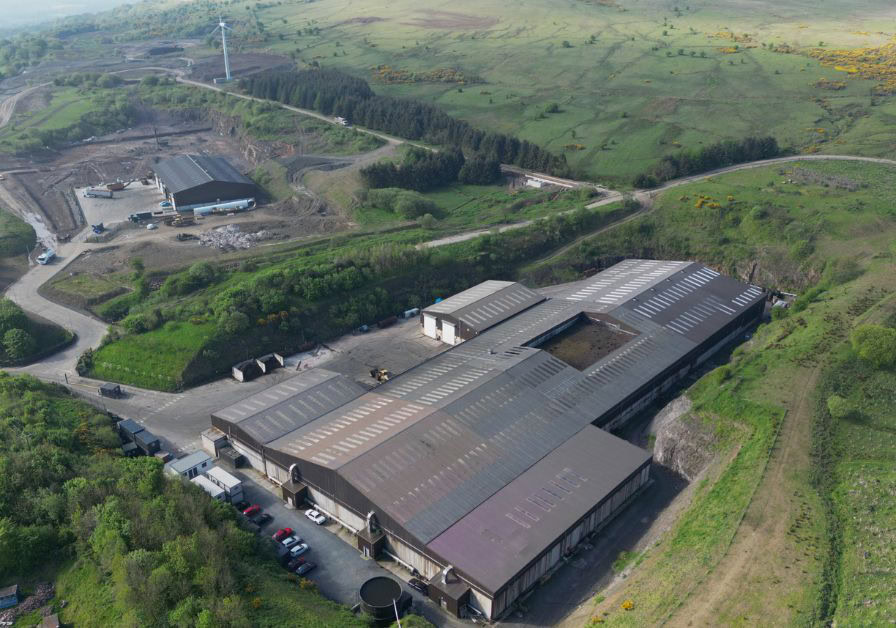The council explained that this had been done because there was a risk that the kitchen waste was cross-contaminated with other food waste, such as that which contains animal by-products, making it hard for it to attain the BSI PAS-100 accreditation for compost which helps to ensure its quality and use by farmers.
While material containing animal by-products can be treated in a way to enable it to be spread on land, this would require it to be sent to an enclosed facility, however, the council sends its green waste to a council-operated open-windrow facility at Restenneth, near Forfar.
A spokeswoman for the council said: “This site has not been running for that long and up until now the material from the composting facility has been used as engineering material for landfill sites and none of it has been used for compost. The change will enable us to use it as compost.”
The move means that food waste will be placed in the grey wheeled bins for residual waste, with the council stating that this would “unfortunately” mean that some food waste would be sent to landfill.
However, the spokeswoman added that “around 60%” of the material would be sent to Dundee Energy Recycling Limited (DERL), Dundee's energy-from-waste plant, to be turned into electricity.
She said: “Unfortunately it will be going into the grey [residual waste] bins, we are doing this so we can make better use of the materials in the green bin further down the line. However, the food waste will not all go to landfill, we are sending a percentage to the energy-from-waste plant.”
Residents are able to put food waste into their green bins for the next two weeks before the new system to exclude the material comes into effect at the start of next month.
Impact
In a bid to reduce the potential impact of removing food waste collections on its overall recycling rate, the council explained that it was expanding its kerbside dry recycling collections to include Yellow Pages directories, white envelopes and catalogues.
In its green bins, Angus currently collects: cans, such as food and drinks cans, aerosol cans and biscuit tins; glass bottles and jars; paper such as newspapers, magazines & brochures, office grade paper and contents of junk mail; and plastic bottles.
And, the council is also accepting hardback books and mixed waste wood at its recycling centres.
Jim Millar, neighbourhood services convener at Angus council, said: “Angus residents have shown that they are great supporters of recycling – last year recycling 3,800 tonnes of glass, cans and plastic bottles and 4,000 tonnes of paper – we need that to carry on so we can stay ahead of the national recycling targets.”










Subscribe for free